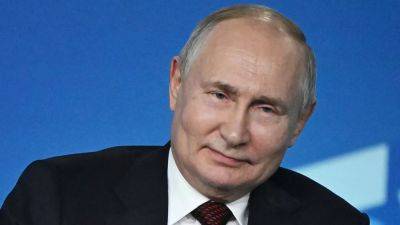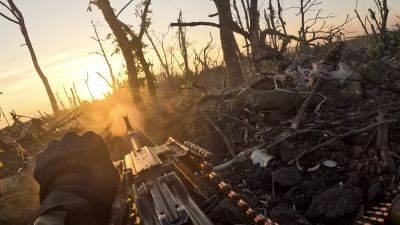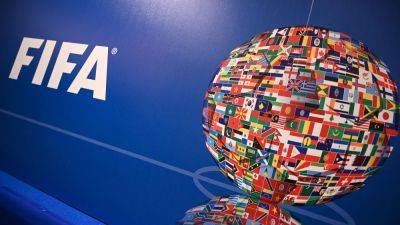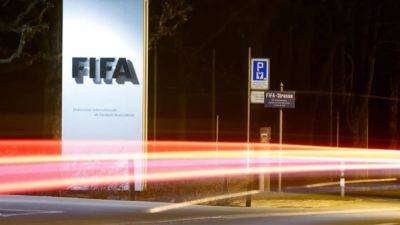Russia raises interest rate to 13% as economy struggles
Concerns about inflation persist and the ruble continues to struggle against the dollar. In August the bank increased the lending rate to 12% — a jump of 3.5 percentage points — as the ruble fell to 100 against the greenback.
And, although the ruble's exchange rate improved mildly after the rate hike, it remains around 95 to the dollar, significantly weaker than a year ago when it was trading at around 60 to the U.S. currency.
By raising borrowing costs, the central bank is trying to fight price increases as Russia imports more and exports less, especially oil and natural gas, with defence spending going up and sanctions taking a toll. Importing more and exporting less means a smaller trade surplus, which typically weighs on a country’s currency.
"Export revenues from oil sales are our most important source of income. These incomes have already decreased by about 40-45 per cent, and it looks like this trend will continue," said Ruslan Grinberg, scientific director of the Institute of Economics of the Russian Academy of Sciences.
Unemployment - or the lack of it - is also a problem. Even before the war, Russia had an issue with its low birth rate which meant it had a smaller workforce to draw on. Since the invasion there's been a brain drain of talent to former Soviet states such as Georgia and many men have been conscripted into the military.
"The Russian economy is working at the limit, at the absolute limit of its capabilities. And this can be verified, first of all, by such an indicator as unemployment, which is at historically low levels. This means that there is literally no one to work in the country," explained Alexandra Prokopenko, from the Berlin-based Center for East European and International Studies.
"When there








